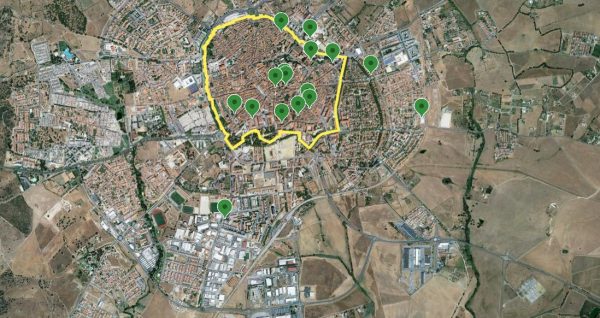Évora, situated within ancient walls, stands as a historic city in Portugal, showcasing a captivating fusion of architectural wonders. Among its treasures are well-preserved Roman ruins, medieval structures, and Renaissance masterpieces, earning it recognition as a UNESCO World Heritage Site.
However, the designation as a UNESCO Heritage Site comes with specific regulations aimed at preserving the city’s cultural and historical essence. While these rules safeguard the city’s heritage, they pose challenges to the adoption of renewable energy. Restrictions on the installation of equipment that may visually impact the surroundings hinder the implementation of Renewable Energy power within the protected historic city center.
Despite these challenges, the University of Évora is taking a proactive step in the energy transition by establishing a Renewable Energy Community. Spanning various buildings both inside and outside the historical site, this initiative enables the utilization of solar energy generated beyond the city walls to power structures within the historical city center.

The Renewable Energy Community is set to feature 750kWp of solar photovoltaic installations distributed across buildings located outside the city walls (as defined by the perimeter line) providing solar energy to restricted areas.




